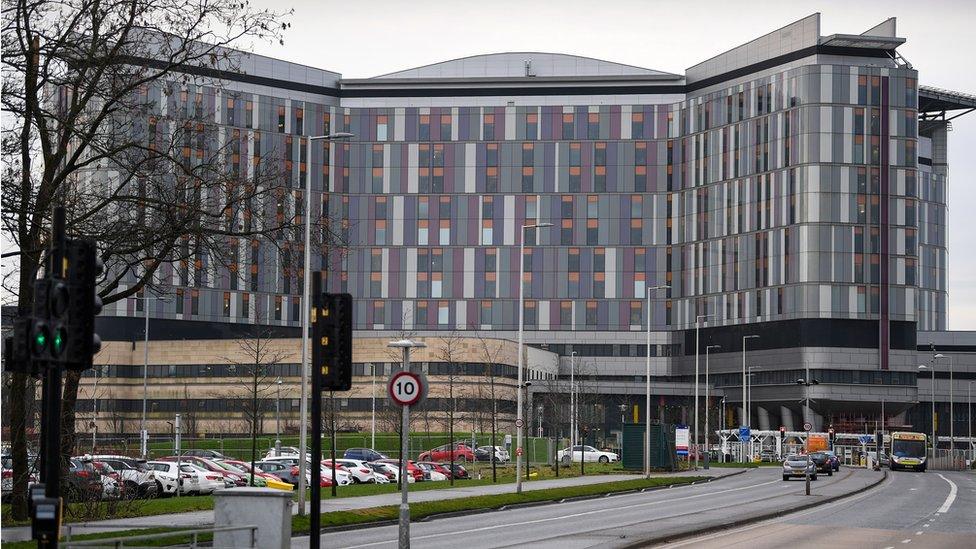Milly Main's mother believes she will get justice over hospital death
- Published
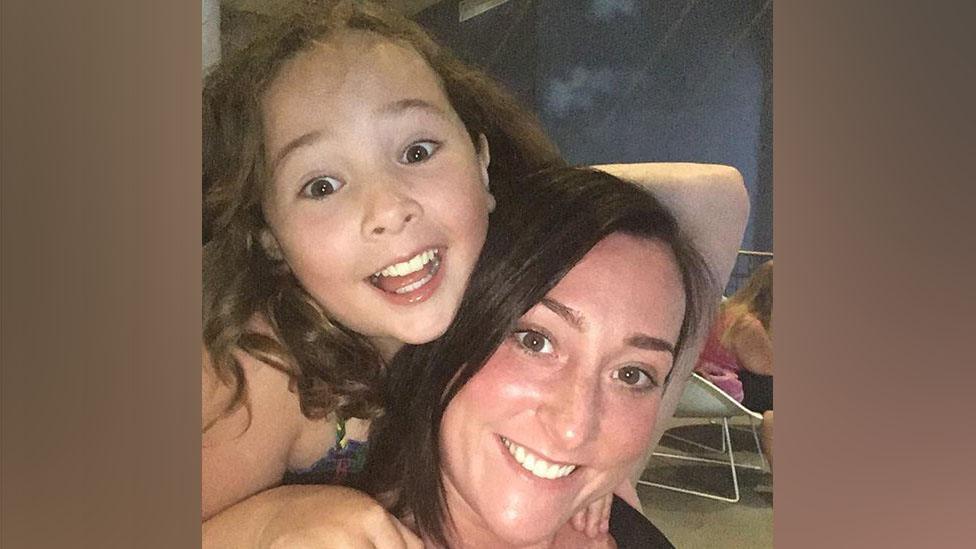
Milly Main died after contracting an infection at the Royal Hospital for Children
The mother of a girl whose death is part of a corporate homicide investigation at a Glasgow hospital says she believes she will get justice.
Ten-year-old Milly Main died during cancer treatment after contracting an infection found in water.
Scotland's biggest health board was named as a suspect at the weekend.
Milly's mother Kimberly Darroch said she had felt a range of emotions, including "a profound sadness, because at the heart of all this Milly died".
Police Scotland launched a criminal investigation in 2021 into a number of deaths at the Queen Elizabeth University Hospital (QEUH) campus, including Milly, two other children and 73-year-old Gail Armstrong.
It is understood the probe could lead to criminal charges or a fatal accident inquiry.
A separate public inquiry into the building of several Scottish hospitals is being held.
Ms Darroch previously told it that her child's death was "murder".
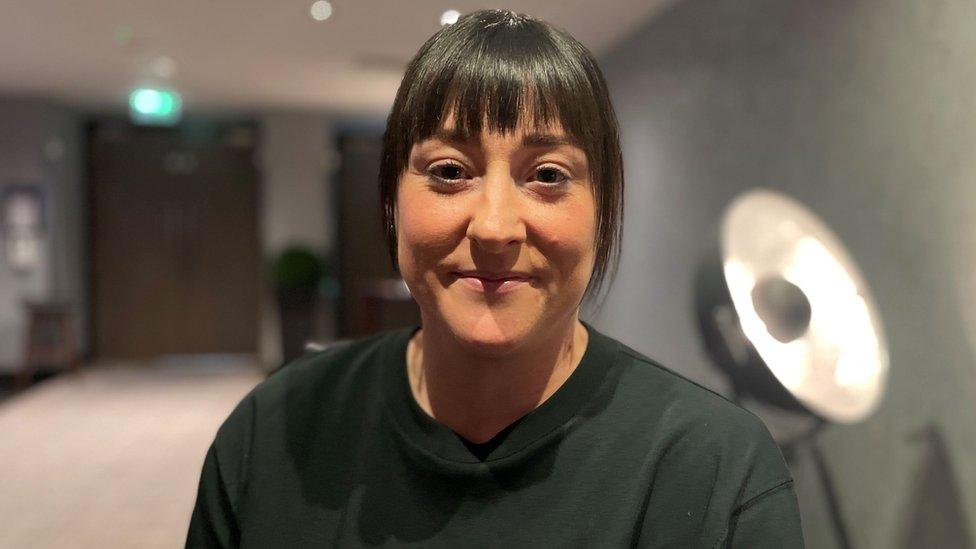
Kimberly Darroch says she has not been able to celebrate her daughter's life
A review earlier found that an infection which contributed to Milly's death was probably caused by the QEUH environment.
Speaking at a press conference arranged by Scottish Labour leader Anas Sarwar after the corporate homicide investigation was announced, Ms Darroch said: "We should be watching [Millie] grow up, enjoying life with her, but unfortunately we're here today.
"Let's not ignore that this is a huge step in the right direction to get justice for Milly. I know there is still a lot of work to do but I know we're on the right path.
"I truly believe that we will get justice one day."
Milly was diagnosed with leukaemia in 2012, and she died in 2017 after contracting stenotrophomonas at the QEUH campus.
Ms Darroch said Milly "received the best of care" from staff at the hospital, but added: "I've never been able to celebrate Milly's life like I should. Any time I think of Milly I think of all the pain that day caused and continues to cause.
"I would like this to come to an end sooner than later so I can think of Milly and celebrate her life, the good times we had."
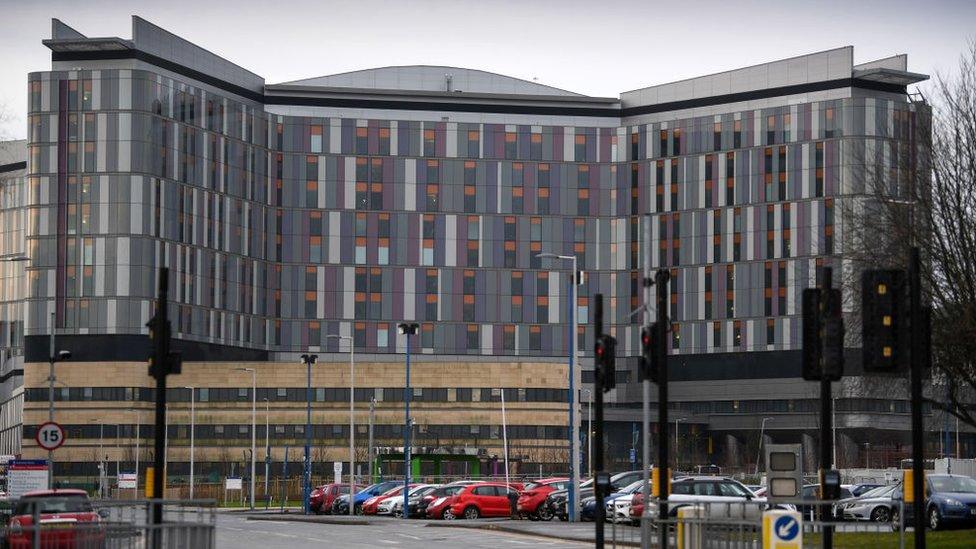
An inquiry is looking into the construction of Queen Elizabeth University Hospital in Glasgow, which opened in 2015
Scottish Labour Leader Anas Sarwar, who has campaigned on behalf of the families of the children who died, said Milly's parents were fighting for justice when they should be allowed to grieve in private.
He said naming the hospital as a suspect in the investigation was "unprecedented".
"I think we are one step closer to getting those answers and that justice through this corporate homicide investigation," he said.
"I am eternally grateful to the whistle-blowers who made this happen."
The QEUH campus includes a hospital for adults and Royal Hospital for Sick Children, which both opened in 2015 after a £842m building project funded by the Scottish government.
NHS Greater Glasgow and Clyde (NHSGGC) launched legal action in 2020 from three construction companies over "technical issues" related to the build.
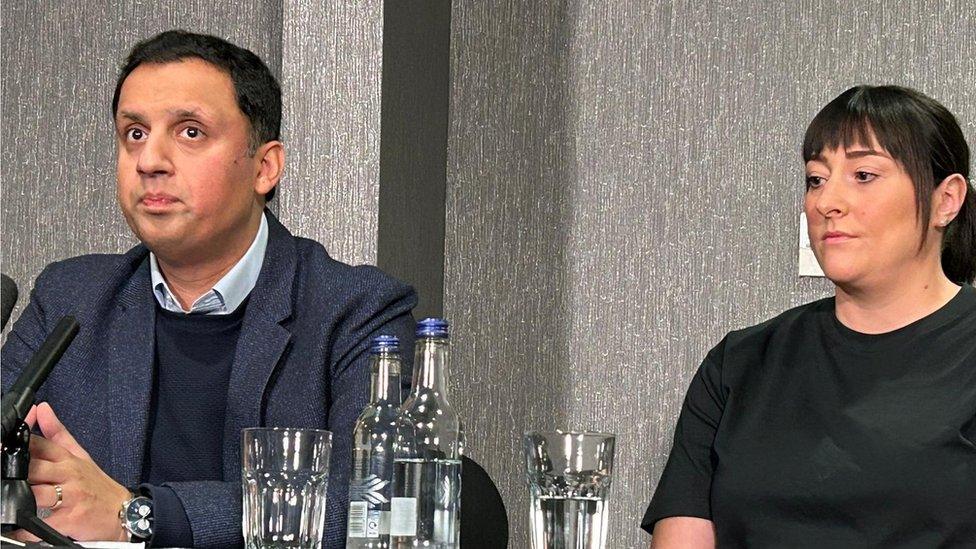
Scottish Labour leader Anas Sarwar called for the removal of the NHSGGC chair John Brown and chief executive Jane Grant
Mr Sarwar said former SNP health minister Jeane Freeman had supported an investigation, put the health board in special measures and instigated the public inquiry.
But he said those who predated her had never been held to account, and those that followed her in that role, including First Minister Humza Yousaf, had taken them backwards.
"I honestly believed that in Jeane Freeman I had a partner that was willing to open up the books, to challenge the establishment and wanting to find the answers," Mr Sarwar said.
"To this day, the suspects are being allowed to walk the crime scene."
He called for the removal of NHS Greater Glasgow and Clyde chair John Brown and chief executive Jane Grant.
"We must have fresh eyes and fresh leadership so we can have a fully compliant health board leadership compiling with the criminal investigation... and the public inquiry," he said, adding that staff had also been let down by their leadership.
'Take responsibility'
Gail Armstrong's daughter Sandie Armstrong also welcomed the police investigation and said she hoped it would give the health board a "wake-up call".
"They have been more interested in trying to disprove any link between my mum's death and the disaster-ridden QEUH building than trying to find out what went wrong in the first place," she said.
"They have treated us and the other families with contempt. They need to take responsibility for the deaths that have occurred in their hospital, otherwise how can we or the people of Scotland, feel safe in the knowledge that our so called 'flagship' hospital is a safe place to be?
"The people of Glasgow deserve a clean and safe hospital and an honest health board that is willing to put its hands up when things go wrong."
NHS Greater Glasgow and Clyde confirmed it had received an update from the Crown Office about the investigation, but added that there was no indication prosecutors had "formed a final view".
Chairman of the board, John Brown, said it had, and would continue, to co-operate fully with both the police and inquiries.
'Clean bill of health'
He told BBC Scotland News: "Everyone at Greater Glasgow and Clyde is focusing on trying to improve the quality of the health care services we deliver.
"I think it's important that the executive continues to focus entirely on delivering the services that the public needs at this time."
He added that the board at Greater Glasgow and Clyde took infection prevention and control "very seriously" and said recent reports into procedures at the health board had returned a "clean bill of health".
"There have been a number of inquiries and Greater Glasgow and Clyde has implemented all the recommendations of all of those inquiries," he said.
"We also now have a whole series of reports which confirm that the infections levels within the hospital are within an acceptable level."
Mr Brown is set to stand down at the end of his current contract, having reached the maximum time you are allowed to hold the role.

Analysis by Andrew Picken, BBC Scotland News
A series of major disasters, including the Piper Alpha oil rig tragedy, led to the introduction of the UK-wide Corporate Manslaughter and Corporate Homicide Act in 2007.
The law means companies and organisations in Scotland can be found guilty of corporate homicide where there have been serious management failures resulting in "a gross breach of a duty of care".
When the law was passed, critics claimed it was too narrow in scope and it has never been used in Scotland to date - including after the fatal Stonehaven rail crash.
Prosecutors instructed the police to begin a criminal investigation into the deaths at QEUH in 2021 and the health board being named as a suspect in the case is a significant development.
It is the culmination of two years of officers gathering statements and the views of experts in a highly complex area of infection control.
But it does not mean prosecutors have formed a final view.
What happens next is, either the Crown Office will drop the case or formally charge NHS GGC.
If the charges are brought, the health board can either accept them or fight them in the criminal courts.
If found guilty of any corporate homicide charges, NHS GGC would then face an unlimited fine.
In addition, the option of taking civil court action against NHS GGC is still open to the four families and the health board, and its senior executives, can still be prosecuted under separate health and safety offences.
Running parallel to all of this is the wider public inquiry into failings at QEUH.
This will set out what went wrong at the hospital, and what can be learned from that, but does not determine issues of civil or criminal liability.
- Published12 November 2023
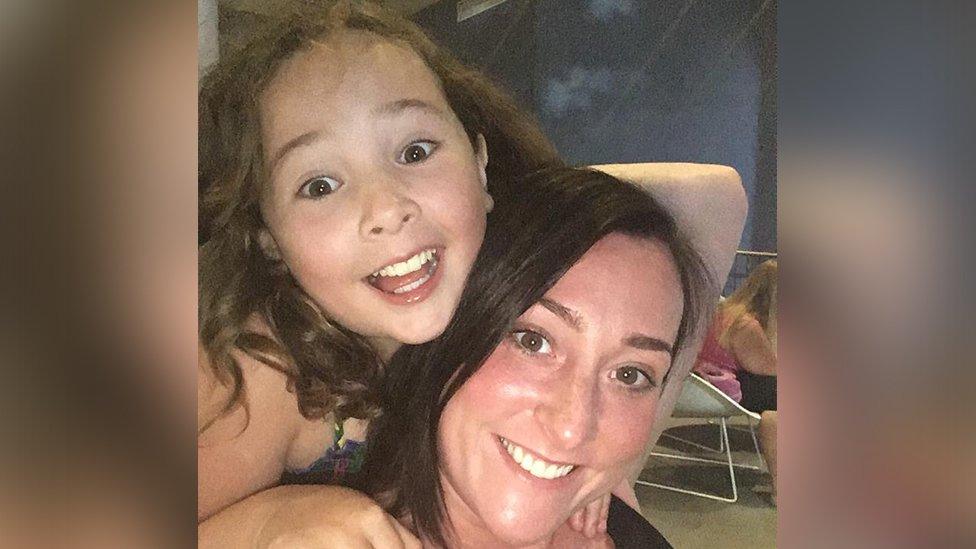
- Published25 September 2021
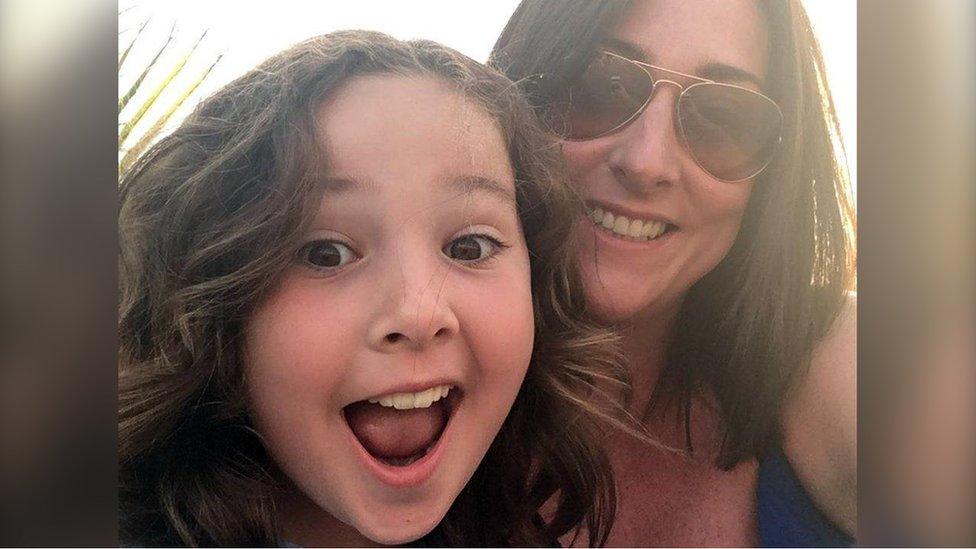
- Published3 May 2021

- Published15 June 2020
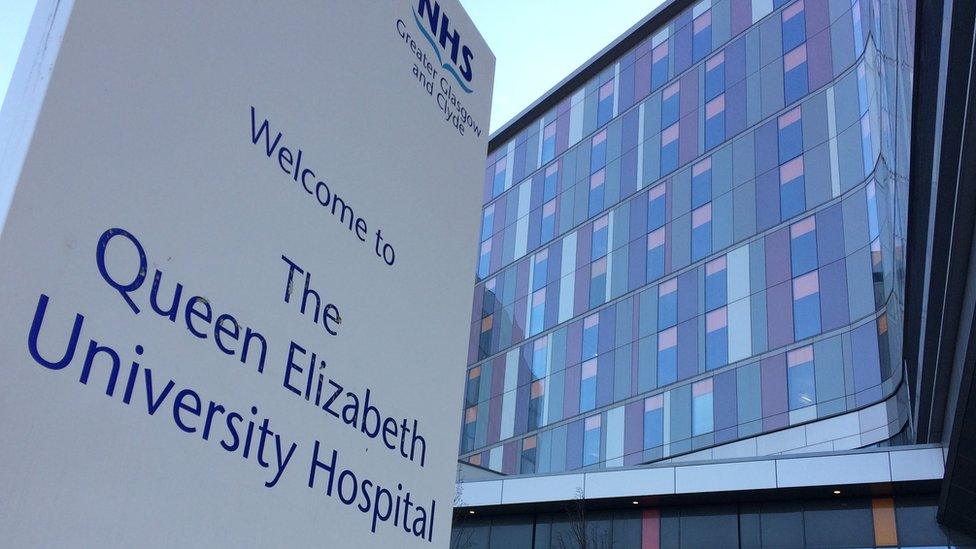
- Published26 February 2020
